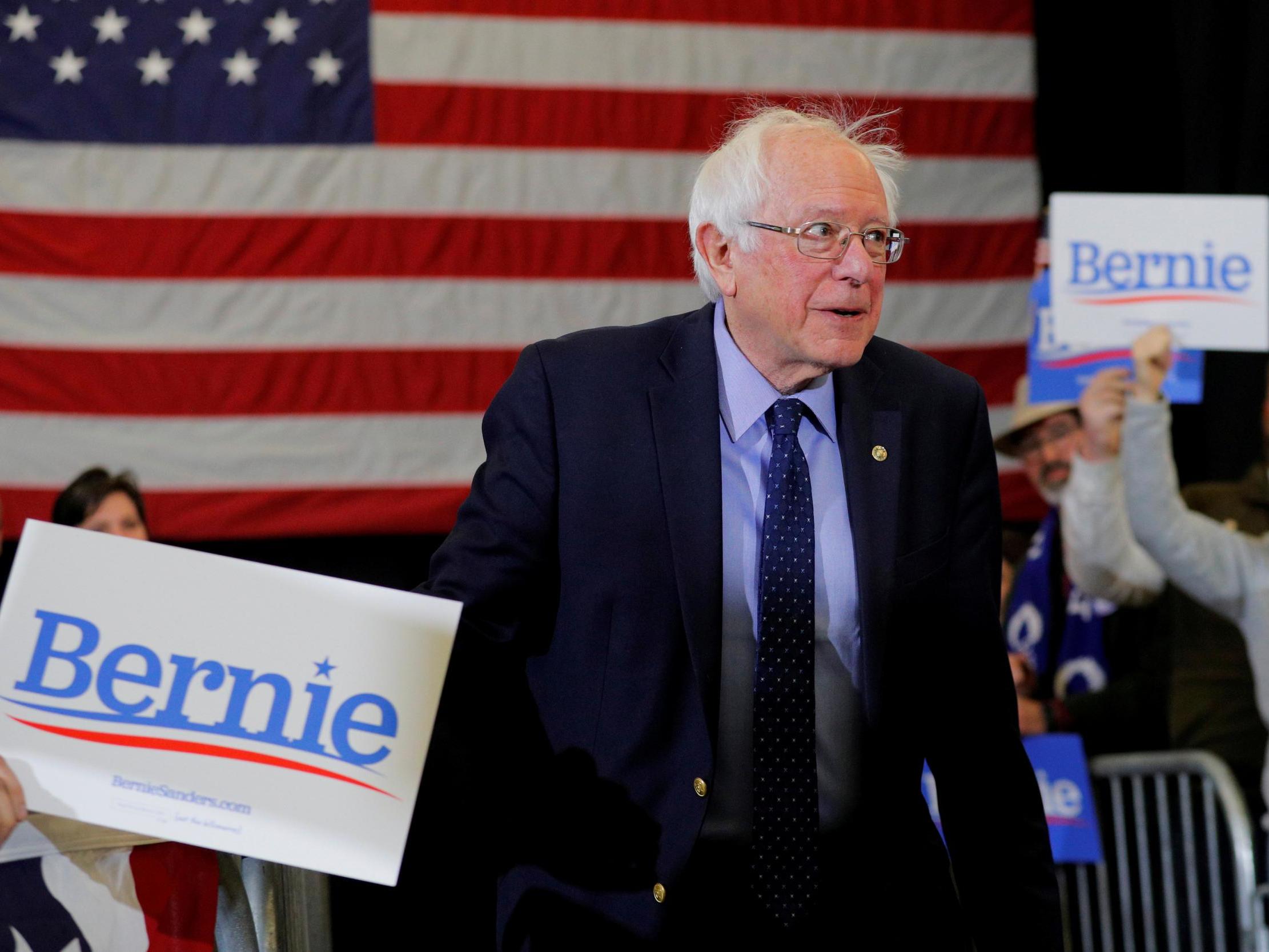The Independent's journalism is supported by our readers. When you purchase through links on our site, we may earn commission.
Bernie Sanders' heart condition can teach us two lessons — one about healthcare and another about Congress
Congress has, for decades, quietly passed bills that mean their own health benefits remain exempt from any changes to healthcare access. But what about the rest of us?

After the upsetting news that he had been rushed to hospital following chest discomfort earlier today, it was found that Democratic presidential candidate Bernie Sanders had a blocked artery. Emergency surgery has left the Senator for Vermont on the road to recovery — and one thing he will not have to worry about is his medical bill. Given his position in government and income, he can cover the medical costs he is served. However, this incident should serve us as an important reminder of the desperate need for healthcare reform in the US, as well as the inspiring role Sanders himself has in calling for Medicare for all.
Sanders and his colleagues in government, unlike the average American citizen, do not need to worry about health insurance coverage. Those in the Congress and the Senate benefit from federal subsidies amounting to three-quarter premiums under gold-level Obamacare policies, and need only to pay for between 25 and 28 per cent of the premium. Such unfairness was identified by Alexandria Ocasia-Cortez in the past, who noted that as a waitress she would have had to pay double what she now pays as a member of Congress. It is ironic that Congress has the power to “deny people affordability that they themselves enjoy,” Ocasia-Cortez tweeted.
Congress double standards have long been identified and are highlighted when federal subsidies for government officials are under threat. In 2013, President Obama, after pressure from Congress, ensured the Federal Employee Health Benefits Program (FEHBP) would continue to serve members of Congress. After the implementation of Obamacare, the federal subsidies were provided through a DC exchange program.
Should the Affordable Care Act be repealed, these subsidies would remain unaffected. Congress has, for decades, quietly passed bills that mean their own health benefits remain exempt from any changes to healthcare access.
Heart disease costs the US $200 billion each year — and the cost is rising. The average medical bill for patients admitted to hospital with a myocardial infarction (like that affecting Bernie Sanders) totalled $53,384 back in 2012; it’s a lot more now. Such a cost means that 60 per cent of uninsured patients suffering from a myocardial infarction will have bills greater than their annual income. With many surviving below the living wage, these bills are likely to follow them to their death beds, unavoidably increasing stress — which is a contributing factor for heart disease.
Myocardial infarctions are relatively common, with approximately one American suffering from the condition every 40 seconds. Ongoing medications, hospital investigations and lifestyle changes mean that the disease prevention costs skyrocket, with some estimates suggesting the real cost is double the direct medical expense. The symptoms of the illness may be “silent” and anyone can unknowingly be affected at any time, finding themselves with a medical bill greater than $50,000.
Since Trump has taken office, the number of uninsured Americans has risen by 7 million, leaving 13.7 per cent of Americans without healthcare coverage. No topic has been more polarizing during this presidential campaign. Such figures have resulted in rigorous debate among Democratic presidential hopefuls.
According to the Organisation for Economic Co-Operation and Development (OECD), the US spends 16.7 per cent of its gross domestic product — equating to over $10,500 per capita — on healthcare, the highest out of any other nation. This figure reflects the spiraling costs associated with a for-profit private healthcare industry and extortionate medication prices resultant of a pharmaceutical industry gone awry. As an example, the cost of a 250ml bag of saline (salt water) costs over $4 in the US, but can billed at a far higher price to insurance companies, compared with costing the UK’s National Health Service only $2. It is understandable why presidential candidates such as Bernie Sanders frequently steer Democratic debates towards their progressive campaign pledges of Medicare-for-All: American healthcare is at a national crisis point.
Perhaps Sanders being taken ill will serve as a staunch reminder to his congressional counterparts of the importance access to healthcare is for everyone. After all, the quicker we respect healthcare as a universal human right, the better a society can function.

Join our commenting forum
Join thought-provoking conversations, follow other Independent readers and see their replies